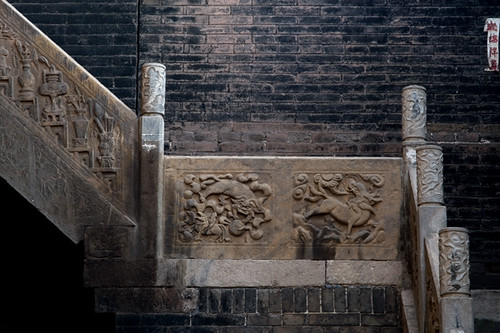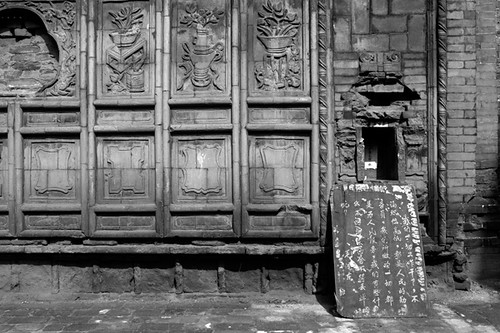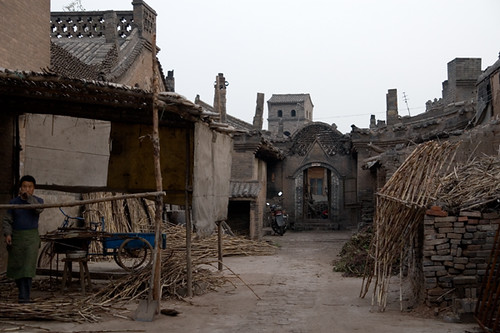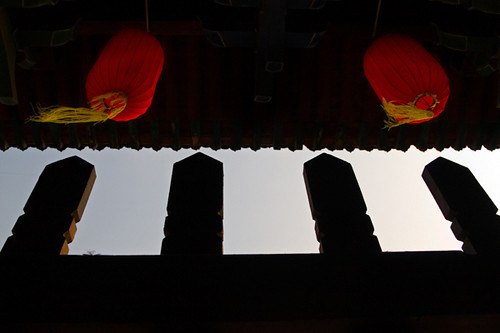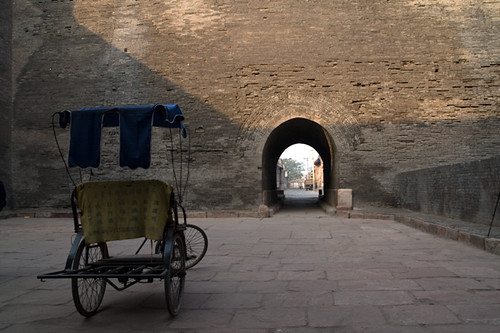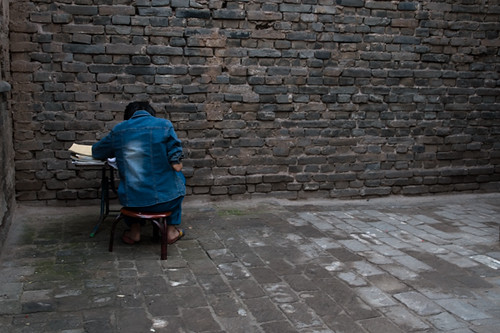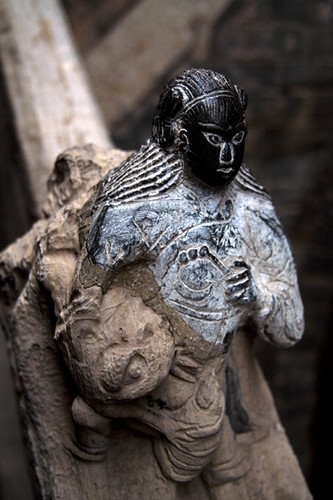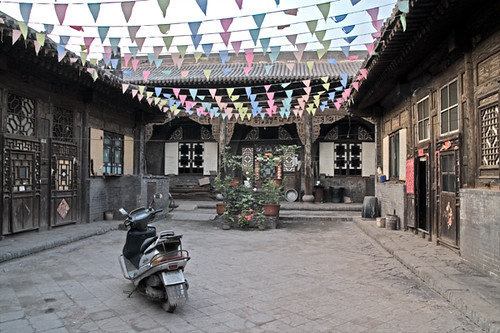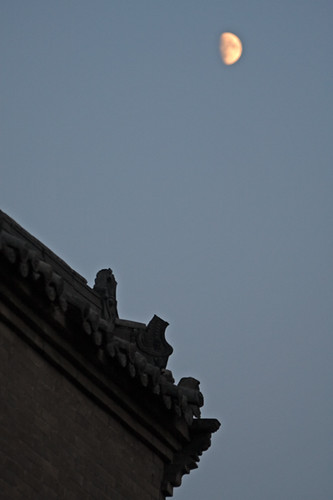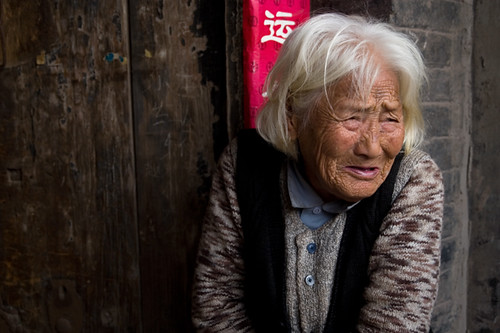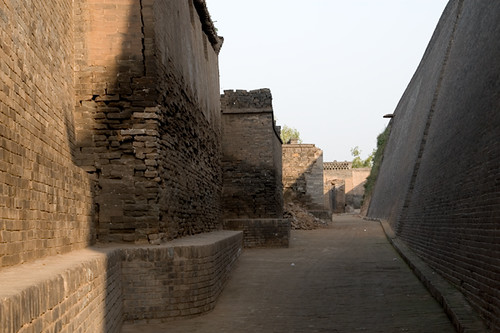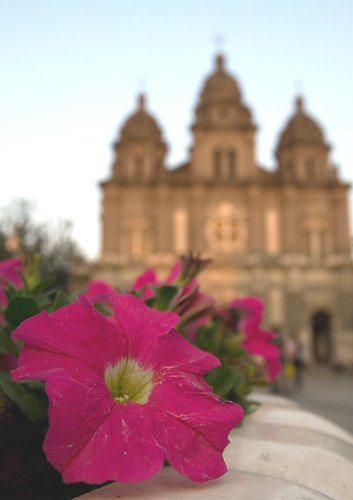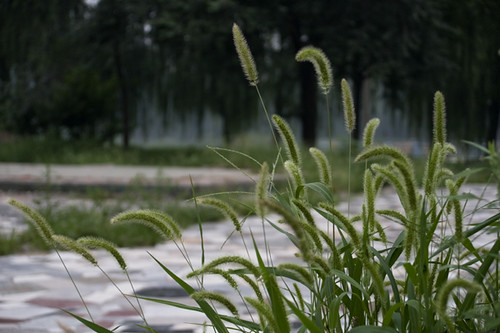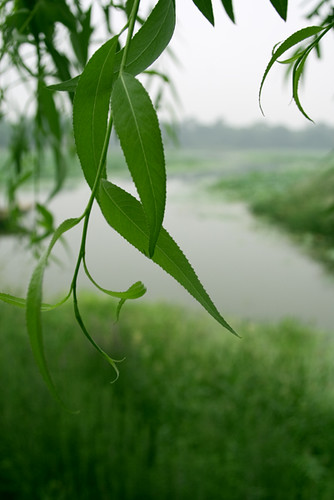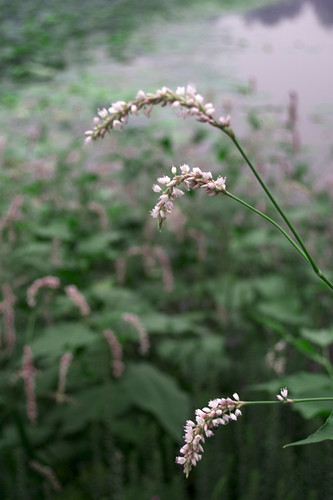昨天晚上看了一部电影,叫做The Wind that Shakes the Barley,背景是在1920年的爱尔兰争取从英国独立的抗争时期。这部片子今年获金棕榈奖,应该很容易找到资料,就不再介绍了,总之属于推荐观看一类。
片中有一段情节,一个17岁的年轻人,因为不肯用英语报出自己的名字,而被英军活活打死;在他的尸体旁,年迈的母亲唱了一首歌,歌声哀伤动人,但又蕴藏了一种抗争的力量。
今天查片子的资料,原来这首歌的歌词,是爱尔兰诗人Robert Dwyer Joyce的诗作,后来广为传唱,而片名也来自这首诗。不知那位仁兄翻译的中文片名,愣是把barley翻译成“稻”,而片名也变成了《风吹稻浪》。须知,爱尔兰何尝有水稻种植,barley者,实在乃燕麦或大麦是也。放下不提。
找到Joyce的原诗,用各种搜索引擎都找不到中文翻译,或是关于该诗的解说。按照字面的理解,权且妄译如下,恳请过路君子,若有所知,垂告为盼。
The Wind That Shakes The Barley
(Robert Dwyer Joyce)
I sat within the valley green
I sat me with my true love
My sad heart strove the two between
The old love and the new love
The old for her, the new that made me
Think on Ireland dearly
While soft the wind blew down the glen
And shook the golden barley
在那葱葱翠绿山谷
我的爱人坐在身旁
新爱旧爱两难选择
悲伤的心左右彷徨
旧爱给她新爱使我
想爱尔兰亲爱故乡
T’was hard the woeful words to frame
To break the ties that bound us
But harder still to bear the shame
Of foreign chains around us
And so I said, “The mountain glen
I’ll seek at morning early
And join the bold united men
While soft winds shake the barley”
悲伤语句不能打破
连系着我们的锁簧
可不能忍受那耻辱
外人镣铐压在身上
我说“到了明天清晨
穿过山谷我去寻访
加入那些勇敢人们
当柔风吹拂拂麦浪”
While sad I kissed away her tears
My fond arms round her flinging
The foeman’s shot burst on our ears
From out the wildwood ringing
A bullet pierced my true love’s side
In life’s young spring so early
And on my breast in blood she died
While soft winds shook the barley
伤心吻去脸上泪水
温柔环抱她在胸膛
敌人枪声耳旁掠过
来自树林簌簌作响
子弹穿过爱人身躯
她正豆蔻青春绽放
怀中的她浴血死去
当柔风吹拂拂麦浪
But blood for blood without remorse
I’ve taken at Oulart Hollow
And laid my true love’s clay cold corpse
Where I full soon may follow
As round her grave I wander drear
Noon, night and morning early
With breaking heart when e’er I hear
The wind that shakes the barley
怀着仇恨以血还血
复仇就在奥勒地方
爱人冰凉长眠不醒
欲随她去生死茫茫
从午到晚又到清晨
沉郁徘徊守在墓旁
心碎欲绝我再倾听
柔风吹拂拂过麦浪
(附记:我不太理解最后一节的前两句,是复仇后埋葬爱人呢,还是不愿复仇,在Oulart Hollow埋葬爱人。请读者指教。)



